New Programming Historian Partnership
By Adam Crymble, on 8 December 2020

UCLDH is proud to announce its support for Programming Historian, by joining their Institutional Partnership Programme. For the past decade, Programming Historian has been an integral part of the digital humanities teaching and learning infrastructure, with more than 140 open access peer-reviewed tutorials published in 4 languages. With many universities around the world still not offering adequate digital skills training to their staff or students, projects such as this one remain crucial.
Our own lecturer of Digital Humanities, Adam Crymble, is one of the founding editors of the project, and has been an integral part of their push towards sustainable open access publishing models in digital humanities. He looks forward to deepening the links between UCL and Programming Historian, and welcomes queries from UCL colleagues looking for support to integrate Programming Historian tutorials in their remote teaching offerings or postgraduate training programmes.
Centre Director, Julianne Nyhan says. ‘This open access, peer reviewed resource supports the teaching and learning of Digital Humanities across the world. It scaffolds new, emerging and established Digital Humanists to tinker, play, critique, imagine and make digital resources, in other words, to make the Digital Humanities their own. We are delighted to have the opportunity to support the excellent work of Programming Historian’.
With thanks to the Department of Information Studies for financial support.
 Close
Close


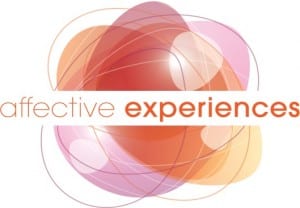
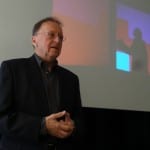
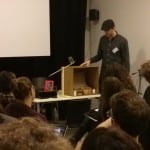
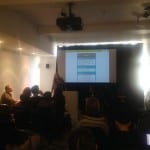
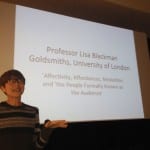
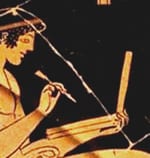
 I’m very pleased to have been invited to open the 2012 Leipzig e-Humanities
I’m very pleased to have been invited to open the 2012 Leipzig e-Humanities 

